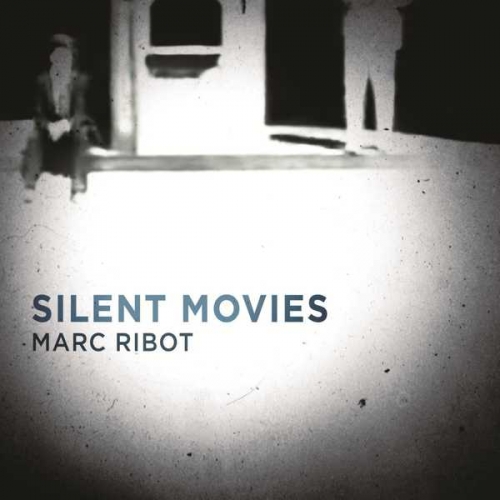Musica Antiqua Köln, Reinhard Goebel - J.S. Bach: Brandenburg Concertos Nos. 1, 2 & 3, Orchestral Suite No. 1 (1991)
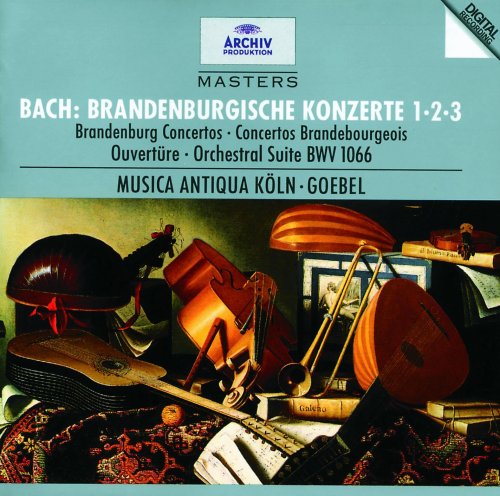
Artist: Musica Antiqua Köln, Reinhard Goebel
Title: J.S. Bach: Brandenburg Concertos Nos. 1, 2 & 3, Orchestral Suite No. 1
Year Of Release: 1991
Label: Archiv Produktion
Genre: Classical
Quality: FLAC (tracks)
Total Time: 01:02:19
Total Size: 362 Mb
WebSite: Album Preview
Tracklist: Title: J.S. Bach: Brandenburg Concertos Nos. 1, 2 & 3, Orchestral Suite No. 1
Year Of Release: 1991
Label: Archiv Produktion
Genre: Classical
Quality: FLAC (tracks)
Total Time: 01:02:19
Total Size: 362 Mb
WebSite: Album Preview
Brandenburg Concerto No. 1 in F major, BWV 1046 (Johann Sebastian Bach)
1. I. (Allegro) 03:35
2. II. Adagio 03:11
3. III. Allegro 04:01
4. IV. Menuet - V. Trio - VI. Polonaise - VII. Trio 07:33
Brandenburg Concerto No. 2 in F major, BWV 1047 (Johann Sebastian Bach)
5. I. (Allegro) 04:35
6. II. Andante 03:21
7. III. Allegro assai 02:37
Brandenburg Concerto No. 3 in G major, BWV 1048 (Johann Sebastian Bach)
8. I. (Allegro) 05:07
9. II. Allegro 03:50
Orchestral Suite No. 1 in C Major, BWV 1066 (Johann Sebastian Bach)
10. I. Ouverture 09:37
11. II. Courante 02:37
12. III. Gavotte I alternativement - IV. Gavotte II 03:06
13. V. Forlane 01:12
14. VI. Menuett I alternativement - VII. Menuett II 03:08
15. VIII. Bourrée I alternativement - IX. Bourrée II 02:26
16. X. Passepied I alternativement - XI. Passepied II 02:23
Performers:
Musica Antiqua Köln
Reinhard Goebel
If playing the Bach's Brandenburg Concertos was a race to the double bars, Reinhard Goebel and Musica Antiqua Köln would win. Take the Third Concerto as an example. In either Trevor Pinnock and the English Consort's 1982 recording or Roy Goodman and the Brandenburg Consort's 1991 recordings, the whole work lasts around 12 minutes. In Goebel and Musica Antiqua Köln's 1986 recording, however, it lasts just a shade less than nine minutes. Some might rightly point out that both Pinnock and Goodman include the spurious Adagio between the two outer Allegros. Take, then, just the closing Allegro. Pinnock and Goodman bring it in at 4:45, Goebel at 3:51.
It goes without saying, however, that the Brandenburgs are not a race but pieces of art and getting to the double bars first matters infinitely less than getting there best. And yet, while one might not think Goebel's approach could work, as this disc coupling the first three Brandenburg Concertos with the First Orchestral Suite shows, it does work, and work brilliantly. Goebel and the Cologne early instrument group find more memorable melodies, more striking harmonies, and far more propulsive rhythms at their tempo than nearly any other group, early or modern instrument. And the breakneck tempo restores the sense of daredevil virtuosity to these too often too comfortable works. Captured in Archiv's glistening early digital sound, these recordings are well-worth hearing by anyone who loves the music.
It goes without saying, however, that the Brandenburgs are not a race but pieces of art and getting to the double bars first matters infinitely less than getting there best. And yet, while one might not think Goebel's approach could work, as this disc coupling the first three Brandenburg Concertos with the First Orchestral Suite shows, it does work, and work brilliantly. Goebel and the Cologne early instrument group find more memorable melodies, more striking harmonies, and far more propulsive rhythms at their tempo than nearly any other group, early or modern instrument. And the breakneck tempo restores the sense of daredevil virtuosity to these too often too comfortable works. Captured in Archiv's glistening early digital sound, these recordings are well-worth hearing by anyone who loves the music.
DOWNLOAD FROM ISRA.CLOUD
Musica Antiqua Köln Bach Brandenburg Concertos Nos 1 2 & 3 91 2301.rar - 362.5 MB
Musica Antiqua Köln Bach Brandenburg Concertos Nos 1 2 & 3 91 2301.rar - 362.5 MB
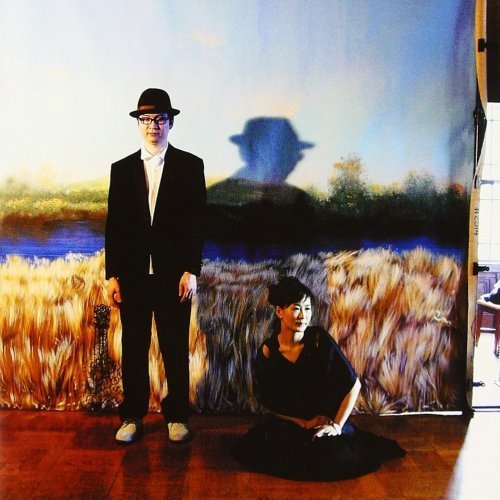
![Movement in the City - Movement in the City 3 (2025) [Hi-Res] Movement in the City - Movement in the City 3 (2025) [Hi-Res]](https://img.israbox.com/img/2026-01/13/iawdgavhv5s7xdbiz4s2fywa7.jpg)
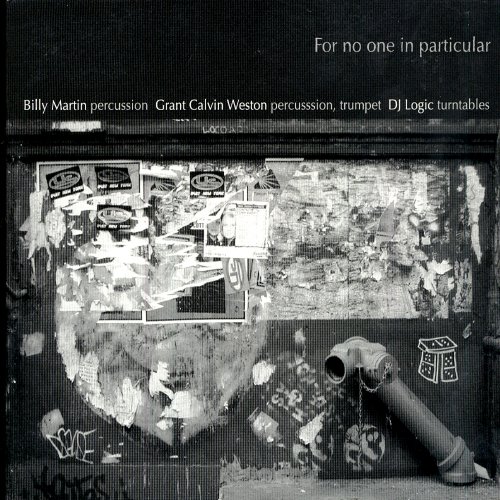
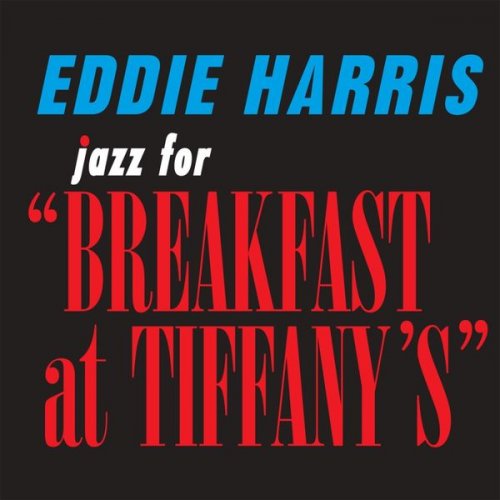
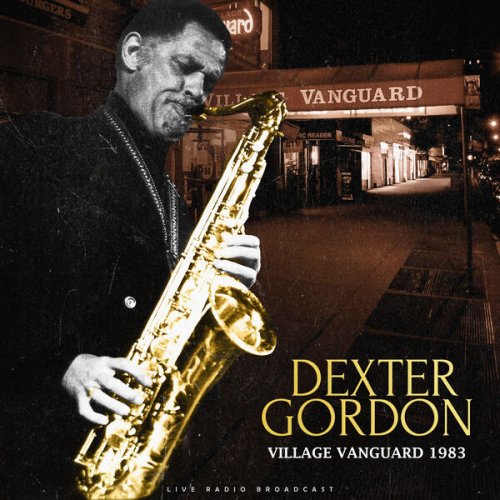
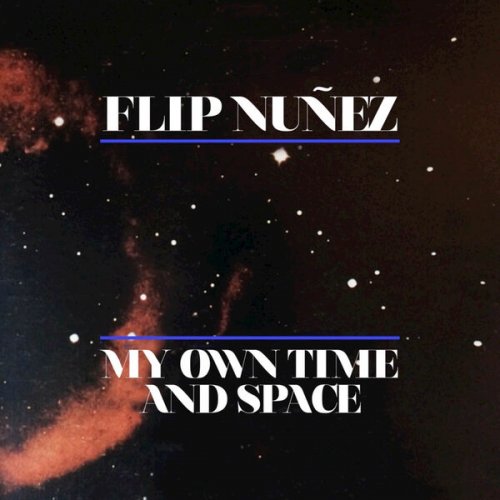
![Eddie Harris - For Bird and Bags (2026) [Hi-Res] Eddie Harris - For Bird and Bags (2026) [Hi-Res]](https://www.dibpic.com/uploads/posts/2026-01/1768382143_xbb15jgw3ltow_600.jpg)

